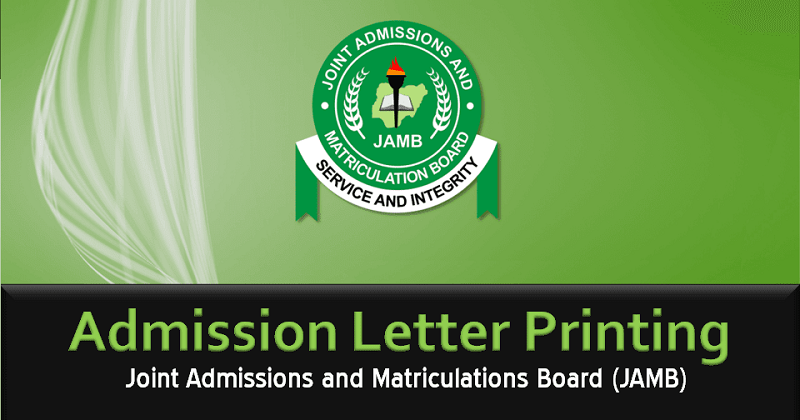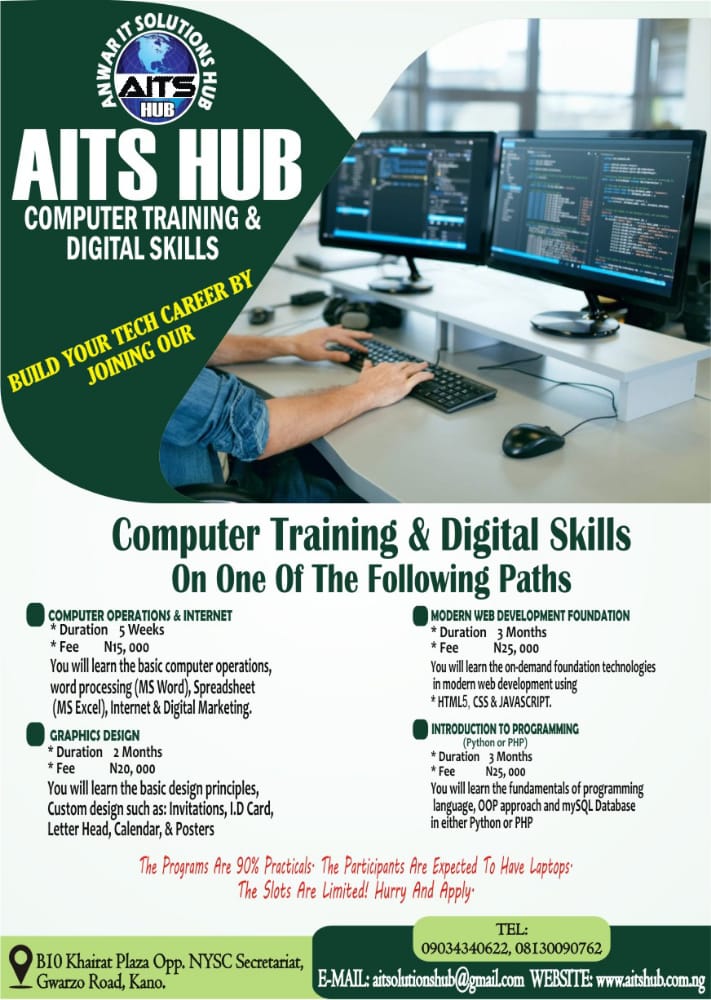Acing Your Exams: 10 Must-Have Study Skills for Nigerian Students

As a Nigerian student for most of my life, I know the pressures of studying for exams all too well. Between demanding coursework, extracurriculars, family obligations and the inevitable social life, finding time to study can seem like an impossibility. But over the years, I’ve developed a toolkit of study techniques that have helped me stay on top of my courses and achieve strong results. These skills have seen me through secondary school and university, and now I want to share them with you.
In this article, I’ll outline 10 essential study skills that every Nigerian student should have in their arsenal. From active reading strategies to mnemonics for memorization to apps that make studying more efficient and effective, these techniques have been tried and tested. They’ve helped me get better grades, retain more information and actually reduce my stress around exam time. If you implement even a few of these study skills, I’m confident your marks will improve and you’ll establish habits that will benefit you for life. So read on, and let’s get studying!
Develop Effective Time Management Skills
As a student, time is your most precious resource. Developing effective time management skills is key to acing your exams. Here are some tips to help you maximize your time:
Scheduling
Create a realistic schedule that accounts for breaks and leaves room for the unexpected. Break large tasks into smaller milestones and deadlines to avoid feeling overwhelmed. Prioritize important tasks and focus on one thing at a time.
Avoid distractions
Minimize notifications on your devices and try to limit multitasking. Find a quiet place free of interruptions to study. Let friends and family know that you need time alone to focus. The more you can minimize distractions, the more effective your studying will be.
Start early
Don’t wait until the last minute to start studying. Space out your studying over several days or weeks to avoid cramming. This will make the material easier to remember and give you time to ask questions about anything you don’t understand. Starting early also allows for adequate rest and prevents burnout.
Developing good time management skills takes practice. Be flexible in your approach and make changes as needed to find what works best for your needs and study habits. With regular use, these useful techniques can become second nature, helping ensure you’re ready to ace all your exams.
Master Active Reading and Note-Taking
As a student, reading and note-taking are two of the most important skills you need to master. When you’re studying for exams, active reading and effective note-taking can be the difference between success and failure.
I always start by reading through the entire chapter or topic to get an overview. Don’t just skim – actually read to comprehend the concepts and how ideas relate. As I read, I highlight key terms, underline important points, and jot questions or thoughts in the margin. These active reading techniques keep me engaged and help strengthen my understanding.
For note-taking, I organize my notes by topic or chapter sections. I use a mix of summarizing key ideas in my own words along with verbatim quotes for definitions or examples. I indent sub-points and leave space so I can add details later. I also use visuals like diagrams, charts or graphs to represent relationships.
###Staying organized
Keeping your notes orderly and easy to navigate is key. I use dividers, highlighters and a logical filing system. Numbering pages and using a table of contents helps me find information quickly.
Studying for exams is challenging enough without struggling to make sense of your notes. By mastering active reading and purposeful note-taking, you’ll develop study skills that serve you well beyond any single test. With practice, these techniques will become second nature and an invaluable part of your learning process.
Practice Retrieval and Spaced Repetition
Studying is great, but practicing what you’ve learned is key. The more you retrieve information from your memory, the stronger and longer-lasting that memory becomes. Here are a couple techniques I use to practice retrieval and spaced repetition:
Practice taking mock tests
One of the best ways I study is by taking practice tests and workbooks for my courses. This helps me recall information I’ve learned and also get used to the format and experience of an actual exam. I try to simulate real testing conditions as much as possible to make the experience as realistic as I can. This builds my confidence and familiarity so I don’t feel as anxious come exam day.
Use flashcards
Flashcards are a tried-and-true method for memorization and spaced repetition. I create flashcards for key terms, dates, formulas or any other information I need to know by heart. Then I review them repeatedly over time, starting from the day I make them and spreading out the time between reviews as I get more comfortable with the material. This reinforcement over time is what really locks the information into my long-term memory. Some apps make digital flashcards easy to create and track your progress.
Teach the material to someone else
One of the best ways to see if you fully understand a concept is to teach it to another person. I’ve found that teaching friends, family members or even an imaginary “student” helps strengthen my own grasp of the material. The act of articulating information in a simple, logical way is a great mental exercise. I often discover gaps in my own knowledge this way and then go back and re-study those parts.
Using a variety of techniques like these to actively practice retrieval of what I’ve learned is absolutely key to my success on exams. Simply reading or re-reading notes and texts is passive studying—to really ace my tests, I make sure to spend time actively and repeatedly recalling information through practice problems, mock tests, flashcards and teaching. These active techniques are what turn short-term memory into long-lasting mastery.
Conclusion
To wrap things up, studying effectively is a skill every student needs to learn. If you can master even a few of these techniques, you’ll be well on your way to acing your exams. Stop cramming at the last minute, start studying smarter instead of harder, take good notes, practice regularly, teach the material to someone else, get enough sleep, eat healthy and stay hydrated. With hard work and the right mindset, you can achieve amazing results. Now go hit those books and show your exams who’s boss! You’ve got this.














